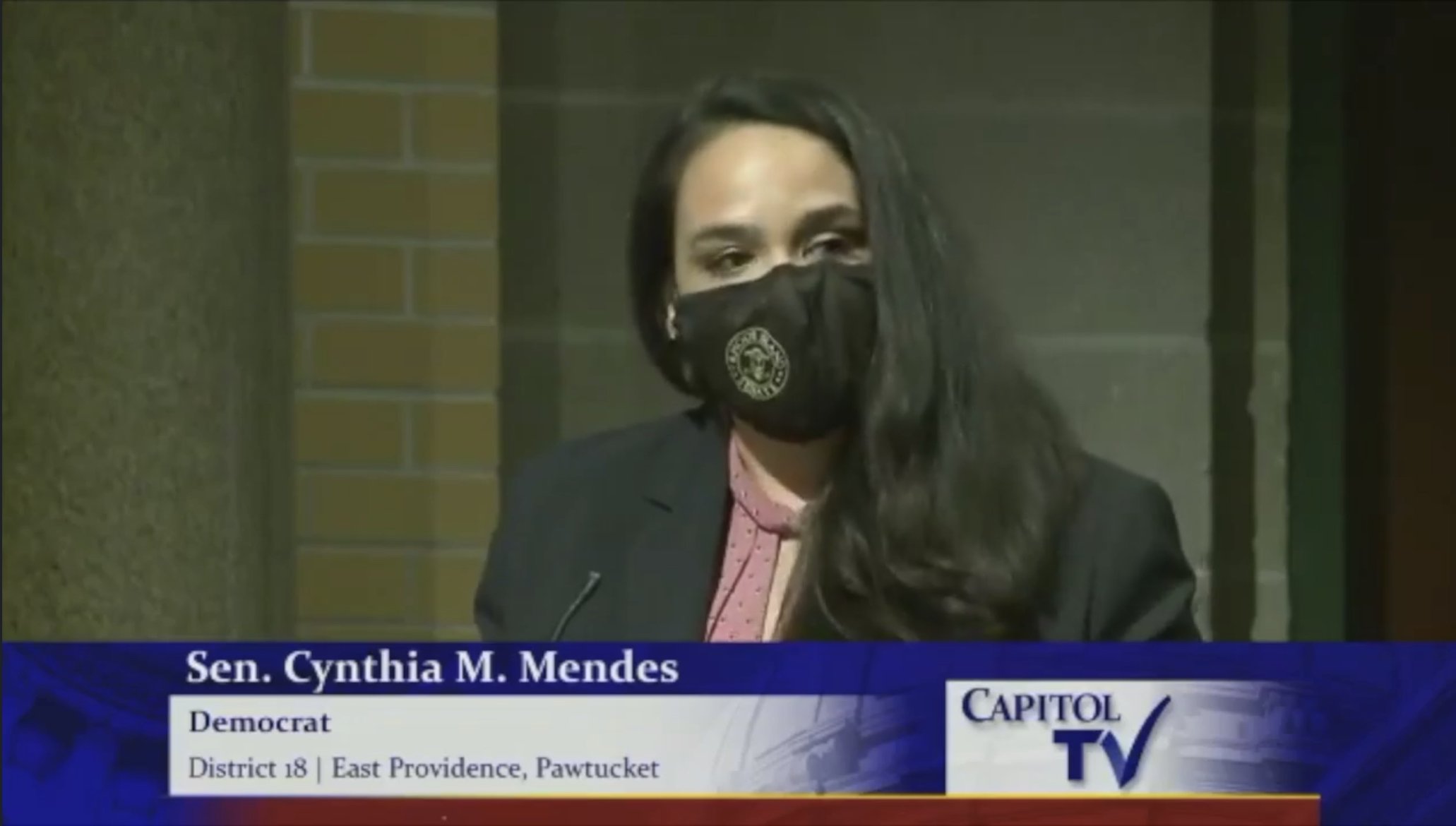Today on the show, guest host Josh Miller of Josh Miller Ventures and IDEAS xLab talks to Lori Frisher as part of his Uncovering Your Value series.
Frisher is a leader, an advocate, an entrepreneur, an athlete, a two-time cancer survivor, and a public speaker who dares to dream beyond her present circumstances to discover what is possible. She was born with severe hearing loss and relies on two cochlear implants and lip-reading to communicate. Through her company Ready or Not Media!, Lori offerings immersive disability empathy trainings, keynotes and more.
In this episode, Miller and Frisher discuss:
How navigating the world with an invisible disability can lead to covering,
Disability empathy and the importance of listening to and learning from people’s stories and experiences,
The role experiential learning and immersive workshops play in expanding people’s understanding about accessibility,
Working to make physical workplaces more accessible while recognizing the role that remote and hybrid jobs play in expanding access to employment for people with disabilities.
If you are interested in learning more about the topic of covering, delving into Miller’s Uncovering Your Value newsletter or getting in touch to share your story or about public speaking, visit www.joshmiller.ventures or connect with him on LinkedIn!
Click here to listen to the episode.
Quotes from the conversation have been condensed.
On covering her disability.
Fisher: For me, covering has been a big piece of who I am, and watching myself unfold from my childhood years, to my teenage years, to my adult years, and now, as a business leader, and the work I'm doing. I've masked my disability and disguised it in ways that, you know, I just had to deal with it. I didn't want to have to explain to people, my differences, even though some may have picked up on it, just from knowing that I'm sitting in front of a room and need to be in front of the teacher. I was always missing out by covering. It wasn't helping, it was hurting, deep down in my soul that I wasn't sharing as much as I probably should have. But I was also putting myself in a position where I over compensated for my disability for a very long period of time. And, you know, I just felt that there wasn't enough awareness or empathy around me, the only empathy and awareness around me was my family, or my teachers, and you know, kids can be cruel - you are always trying to hide it, whether it was hiding my hearing aids and not wanting people to see my hearing aids and not wearing my hair up. Those are examples of how I was, you know, hiding it, you know, growing up.
Building empathy through immersive workshops.
Frisher: [Through Read or Not! Media] we create that experience and that feeling with leaders to come into the immersion and to be really open minded. Each of these individuals are given a disability - a mobility impairment, a visual impairment, hearing impairment - to live in that moment, for that hour and a half, that 90-minutes of understanding. They may not get the full scope of disability, but it will definitely heighten their experience of going from that uncomfortable feeling to more comfortable and being more considerate and more compassionate. Understanding to not only just disability, but people of all differences, bring that perspective of saying, 'Wow, it really is crossing over so many different areas of discrimination.' And, in that work environment, you know, that it becomes relatable to someone who may have a difference. We educate them on the fact that this is a market that people can join at any given time and their life. I mean, it's the only demographic that pretty much speaks to all different audiences, and everybody is impacted by disability, whether it's their aging parent they are taking care of, or, you know, someone has an accident, or somebody who comes into a hotel, may come in from the outside and be coming from a skiing trip, and they had an accident. I mean, it could be a permanent disability, it could be an invisible disability, and we we try to show and share through the storytelling experiences... I think stories are powerful. And we show that there's success beyond disability, that we just don't focus on the stereotypes that we see in the media.
Making environments – both in-person and remote – inclusive.
Fisher: And your point, Josh, about remote work, there were a lot of people who were being hired and doing their jobs, and doing their jobs really well outside of the offices. Leaders didn't even know that they had a difference, or a disability. And the work doesn't stop just because people were getting the remote access, it doesn't mean that we stop in the work environments where we're going to get people back to the offices and work and people are going to be in each other's presence. And it's still very important that these leaders don't just assume because someone has worked remote, it's been successful. We still have a job to do and bring them in the office and create an inclusive and diverse environment where people will feel comfortable coming into work, but it's also how do we get to work, we need transportation, we need access to get up there without that we can't go to the office. In all industries that we need to lead with accessibility and access and universal design and create this environment that's inclusive of all.




